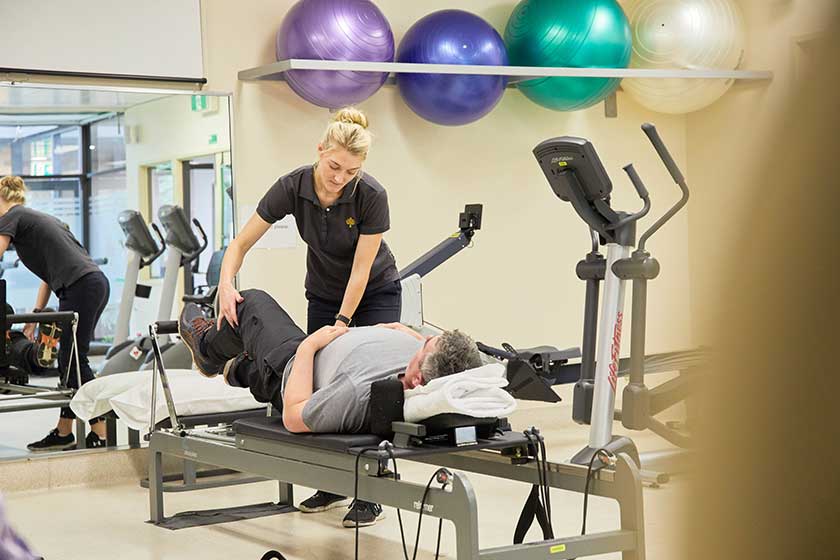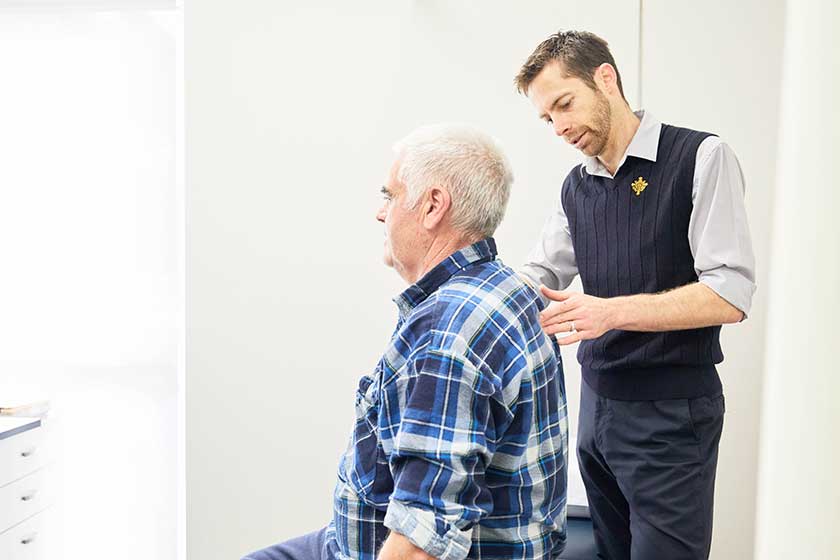What is hip replacement surgery?
Hip replacement surgery is when a damaged hip joint is replaced with new, artificial parts.
Modern, artificial hip joints last anywhere between 10 and 20 years.
Why would I need hip replacement surgery?
The most common reason for hip replacement surgery is to relieve pain and swelling caused by osteoarthritis where you cartilage has worn down over time.
Other common reasons for surgery include:
- arthritis
- broken or cracked bone
- bone diseases including bone tumours
Is hip replacement surgery my only option?
The short answer for most people, is no.
Not all conditions will need surgery and you can also choose not to have surgery and instead take a non-invasive approach to treatment.
Your doctor may recommend you get therapy through a physiotherapist, occupational therapist or advise a course of medication or steroid injections to reduce pain and inflammation.
What does recovery after hip surgery involve?
When you return to your hospital room after surgery, your treating team will start the process of helping you move again.
Your physiotherapist will work with you to move your hip safely so you can get in and out of bed and then to start walking.
They may also prescribe a range of exercises to help you get moving again.
Your treating team will also monitor your pain levels closely to aid in your recovery.
In general, you can expect to stay in hospital for up to four days.
Your recovery will continue when you return home and you will most likely have continued appointments with your physiotherapist or occupational therapist to increase your range of motion in your hip over time.
Do I need to do anything special after surgery?
The biggest risk after surgery is that your hip joint pops out of the socket.
This can happen when you move in certain ways, such as pulling your knees towards your chest.
Your orthopaedic surgeon and physiotherapist will give you tips and tricks to avoid movements that put your hip at risk of further damage.
Any surgical procedure carries risks. Make sure you discuss all possible risks with an appropriately qualified health practitioner.









